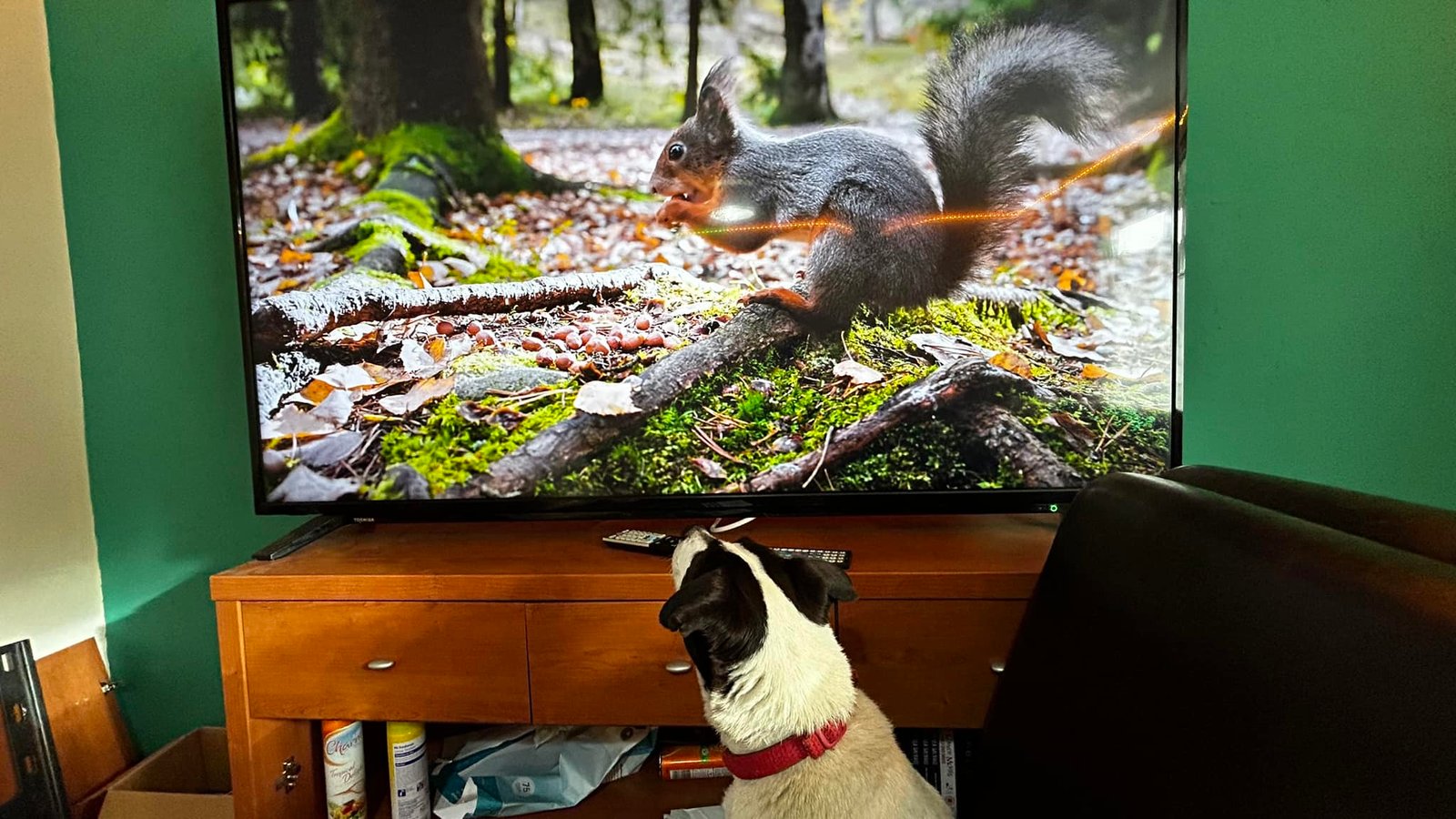Cheating is one of those things that can rip apart not just relationships, but the very foundation of trust that holds people together. It’s not just about one person making a mistake in a weak moment; it’s a conscious act that disrupts lives, causes pain, and leaves emotional scars that take a long time to heal.
And what really gets under my skin is when someone you think you know—someone who calls themselves your friend—decides to cheat on their long-term partner and act like it’s no big deal. That’s exactly what happened with someone I know, and let me tell you, it’s hard to hold back the anger when you see someone you care about completely betray the trust of the person who’s been there for them through thick and thin.
Cheating isn’t a little slip-up. It’s not something that just happens without forethought. It’s a choice. You don’t “accidentally” kiss someone else. You don’t “accidentally” fall into bed with someone when you’re supposed to be committed to another person. That’s not a mistake; that’s a decision. And when you try to justify it with weak excuses—talking about being “neglected” or “not being understood”—it only adds insult to injury. Relationships are complicated, yes, but communication and commitment are the cornerstones. Taking the easy route and cheating instead of confronting your issues head-on is the coward’s way out.
The real frustration, though, isn’t just the betrayal itself; it’s the complete lack of accountability. The person in question didn’t seem to grasp the seriousness of what they’d done. They acted like it was a small mistake that could just be swept under the rug. “Oh, it was just a one-time thing” or “I was confused,” they said. But let’s call it what it is: manipulation. Cheating isn’t a “momentary lapse in judgment”—it’s an intentional decision to disregard the feelings and trust of someone who’s been there for you.
And what burns me even more is the audacity to act like nothing is wrong, like they’re the victim of some unfair situation. No, you’re not the victim. You’re the one who made a choice to hurt someone else. It’s hard to understand how someone could do that to someone they claim to love, to someone who has been nothing but supportive and caring. But here we are.
It’s not that I don’t understand that people can make mistakes—relationships are tough, and everyone has their flaws. But cheating? That’s not a mistake. That’s a betrayal. And there’s no quick fix. No amount of apologies can erase the hurt or the damage that comes from breaking someone’s trust like that.
The thing that frustrates me the most is the expectation that everything can just go back to normal after the betrayal. The expectation that, once you say “sorry,” all is forgiven, and things can continue as if nothing happened. But cheating isn’t something you just move on from. It changes the way people see you, and not in a good way. The consequences linger long after the act itself is done.
To anyone who’s been cheated on: You didn’t fail your partner. They failed you. They failed you by choosing to break your trust, and that’s something they’ll have to live with. You deserve better than that.
And to the person who chose to betray their partner: I hope you take a hard look at yourself. Because at the end of the day, the one you’ve truly betrayed is yourself.
